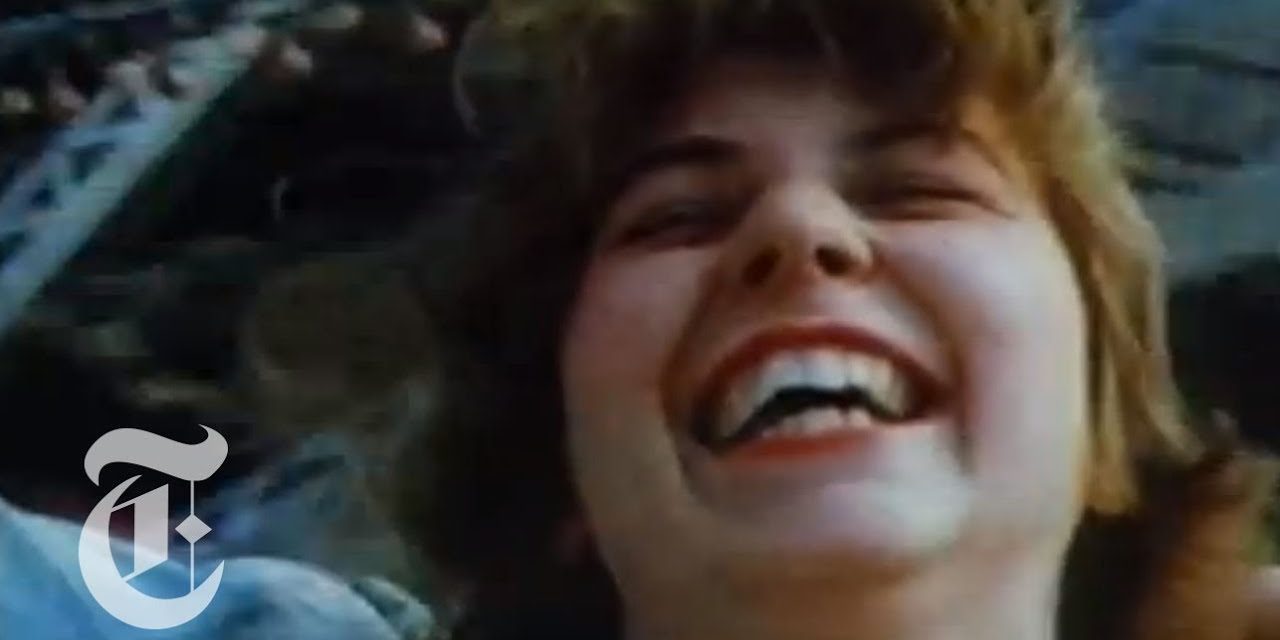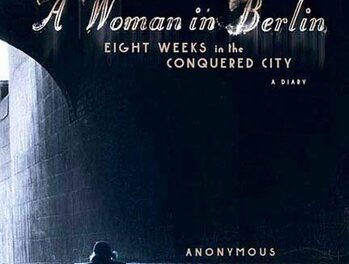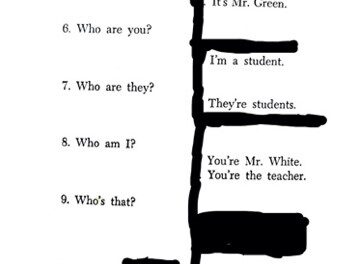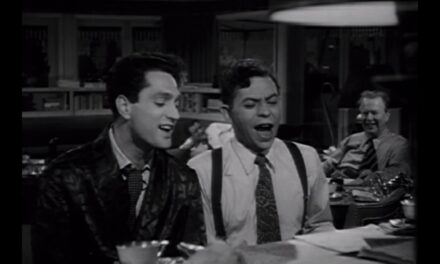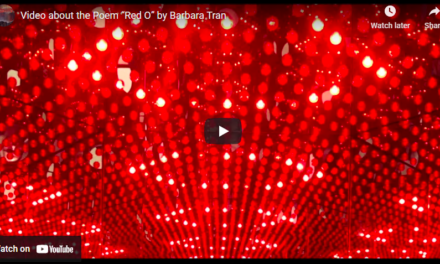In Issue 16.1, our literary nonfiction offerings include Emily Block’s essay “Fog Studies” (read an excerpt here), which meditatively explores many different aspects and meanings of “fog.” We were floored that it was her first published essay; it’s carefully crafted, somehow both spare and detailed, incorporating intriguing information found through careful research. Here, Block explains the specifics behind the final section of her essay, and the complexity of “leaving true accounts of the past”:
Emily Block: From 1983 to 1986, Australian-born theologian John Hull documented his experience of blindness in a series of audio recordings.
In 1990, transcriptions of his recordings went to print under the title “Touching the Rock.” Several versions of an audiobook, or audiobooks, of Touching the Rock were released between 1991 and 2007.
In 2016, Peter Middleton and James Spinney adapted Hull’s original recordings, clips of an early ’90s BBC interview of Hull and his wife Marilyn, and new commentary of Hull’s in a feature-length film called Notes on Blindness. Critics rewarded the dramatized documentary with effusive reviews, three BAFTA nominations, and the Best Documentary prize at the British Independent Film Awards.
Another sort of prize arrived in the form of renewed interest in John Hull. This attention inspired the publication of a third print edition, and still another audio edition, of Touching the Rock—this time titled Notes on Blindness.
Netflix, conveniently, is streaming the full feature-length version of the movie now. At the time I wrote “Fog Studies,” an essay The Cincinnati Review generously agreed to publish in Issue 16.1, the film only existed in an abbreviated form. Here is the short Emmy Award–winning version I saw in 2015, debuted by Spinney and Middleton at the 2014 Sundance Film Festival:
By way of this short film, John Hull’s voice found yet another form in “Fog Studies.” Not that he needed the mention, or dramatization, from me. A premise of my dramatization needs correcting, in truth: I placed him at a teaching post in the States, when in fact he taught theology in England.
My mistake got me to thinking about accurate accounts, and about revision.
Leaving true accounts of the past, I realized, is one of two or three things the living can do for the dead—and to live is to be in error nearly constantly. To reconstruct something resembling the past takes several conflicting histories, with their skewed perceptions, mixed connections, and missed signals all merged.
According to the recordings John Hull left, he felt the unreliability of memory with special acuity.
“I am concerned,” he said into his tape recorder, “to understand blindness. To seek its meaning. To retain the fullness of my humanity.” He also said: To sense that “you’re presented with a world. You’re related to a world. You are addressed by a world. Why should this experience strike one as being beautiful? Cognition is beautiful. It is beautiful to know.”
Behind “Fog Studies” was a desire to arrive at the basic knowledge and shared humanity Hull described. And a theory, which could be wrongheaded, that foggy descriptions of fog would accumulate. They’d recast each other. They’d coalesce in a truer statement about the essay’s subject than a statement of that subject could be.
What makes anything beautiful? Hull says perception is beauty. Shared perception is beauty.
To understand, to relate that understanding, and to be understood in return—those are gifts cognition gives.
In a recording that didn’t make the directors’ cut, Hull mentioned a recurring miscommunication. Too often, he’d remarked on the beauty of overcast days to sighted people, because he’d felt the wind on his face or heard leaves rustling on the ground. He felt a need to revise, which seems appropriate to end on: “I will have to make my comments about the weather more specific. I must remember to say that it is nice and mild today, or that it is a pleasant breeze.”
Emily Block is a recent MFA graduate of Virginia Commonwealth University, where she received the Levis fellowship. Her fiction and nonfiction reviews have previously appeared in Blackbird. “Fog Studies” was her first creative publication.

